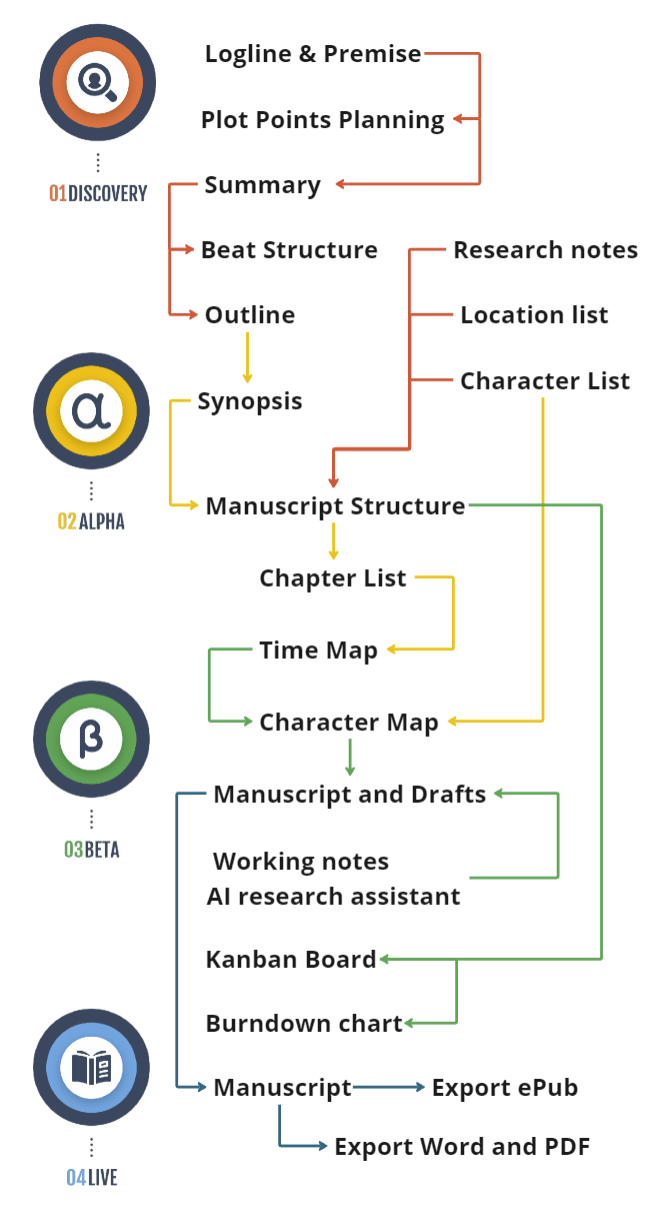Six months with a team of eight people in a company. The chat app had a #random channel where you could write stuff not related to work. Six months and 200,000 words later, yes, you read correctly: 200k. I was looking at the screen, wondering about the meaning of time and words.
Two hundred thousand words, two full novels, wasted in meaningless chat. A cache of words cleared and left void soon for other people to write. I felt sick.
Somewhere in our hurry to improve communication, we devalued the most important asset: the word/time ratio.
I always accepted that meetings are a waste of time. The moment you put a monetary value on time at an hourly rate, everything changes. I noticed the real time killers: the other people. Meetings are a congregation of people. Some of them like to hear themselves talk and they keep talking outside meetings too. No finality, no action, no doing.
I like to think I became skilled in redirecting them and cutting short these types of conversations. My son taught me a lot about it. He’s far more efficient in cutting the noise out, especially when I’m the one making it.
Going through emails and Slack, answering back to emails or messages is a daily grind. I hate it, no matter how needed. Every writing moment when I’m away from writing my stories hurts. Every reading moment when I don’t read the books on my list hurts.
Now I’m setting Jira Service Desk for our writers on the Asengana platform. It’s clean with simple workflows. It should help us cut the noise better.




